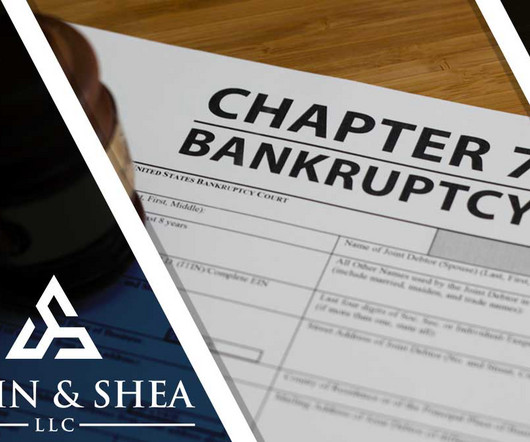District Court Holds Letter Notifying Debtor of Change in Debt Ownership Can Fall Under FDCPA
Collection Industry News
OCTOBER 27, 2020
Axiom Acquisition Ventures, LLC (“Axiom”) bought Robert Valenzuela’s consumer debt from a bank after he allegedly defaulted on his personal loan payments. The post District Court Holds Letter Notifying Debtor of Change in Debt Ownership Can Fall Under FDCPA appeared first on Collection Industry News.























Let's personalize your content